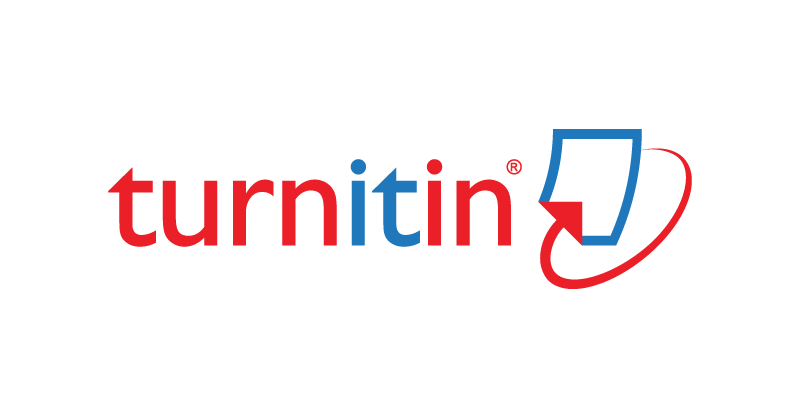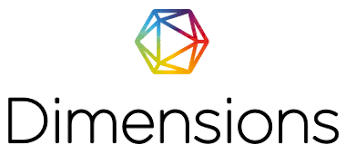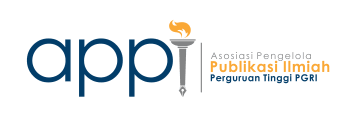Publication Ethic
Statement
JIBEKA (e-ISSN: 2809-6282) is a peer-reviewed journal published by Universitas PGRI Semarang that committed to upholding the highest standards of publication ethics and takes all possible measures against publication malpractice. This statement clarifies ethical behavior of all parties involved in the act of publishing an article in this journal, including the author, editor, reviewer and publisher. This statement is based on COPE’s Best Practice Guidelines for Journal Editors. Our responsibility is to publish original work of value to the intellectual community in the best possible form and to the highest possible standards. We expect similar standards from our reviewers and authors. Honesty, originality, and fair dealing on the part of authors, and fairness, objectivity, and confidentiality on the part of editors and reviewers are among the critical values that enable us to achieve our goal. JIBEKA is committed to following best practices on ethical matters, errors, and retractions, and to provide a legal review if necessary.
Duties of Editors
The editors of JIBEKA (e-ISSN: 2809-6282) ensure that all submitted manuscripts being considered for publication undergo peer-review by at least two reviewers who are experts in the field. Editors is responsible for deciding which of the manuscripts submitted to the journal will be published, based on the validation of the work in question, its importance to researchers and readers, the reviewers’ comments, and such legal requirements as are currently in force regarding libel, copyright infringement and plagiarism. The Editor may confer with other editors or reviewers in making this decision.
Duties of Authors
Authors of original research should present an accurate account of the work performed and the results, followed by an objective discussion of the significance of the work. The manuscript should contain sufficient detail and references to permit others to replicate the work. Review articles should be accurate, objective and comprehensive, while editorial ‘opinion’ or perspective pieces should be clearly identified as such. Fraudulent or knowingly inaccurate statements constitute unethical behavior and are unacceptable.
Duties of Reviewers
Peer review assists the editor in making editorial decisions and through the editorial communications with the author may also assist the author in improving the paper.
References
- The STM trade Association International Ethical Principles for Scholarly Publication
- COPE Codes of Conduct
- World Association of Medical Editors (WAME) Best Practice
- Committee on Publication Ethics (COPE) Guidelines on Editors in Chief sharing
- World Medical Association (WMA) Helsinki Declaration for Medical Research in Human Subject
- Animal Research: Reporting of In Vivo Experiments (ARRIVE) Guidelines
- The U.K. Animals (Scientific Procedures) Act 1986
- EU Directive 2010/63/EU for animal experiments
- U.S. Public Health Service Policy on Humane Care and Use of Laboratory Animals
- WAME Editorial statement on COI
- Rossner and Yamada, 2004. The Journal of Cell Biology, 166, 11-15.








